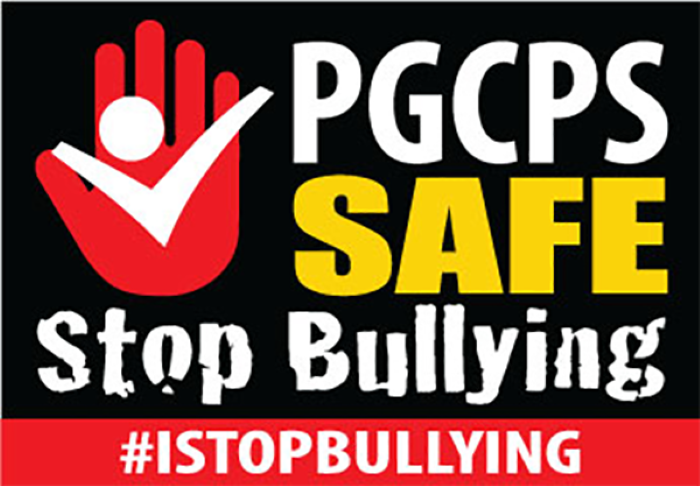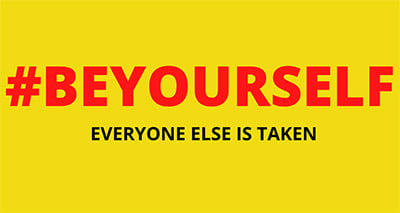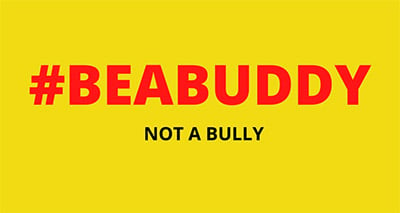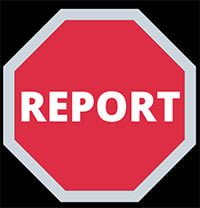 Cyberbullying, also known as electronic bullying or online social cruelty, is the use of information or electronic communication technologies to bully others.
Cyberbullying, also known as electronic bullying or online social cruelty, is the use of information or electronic communication technologies to bully others.
Methods include bullying that takes place:
- through email
- through instant messaging
- in a chat room
- on a website or gaming site
through digital messages or images sent to a cellular phone
Distinct challenges exist with cyberbullying as aggressors find it easier to hide their identity and may have greater accessibility to their target due to the 24-hour cycle of text messages and email and social media.
Intervention Tips for Responding To Cyberbullying
- Save the evidence
- Print copies of messages and websites (Students should do this with an adult)
- First Offense (if minor in nature) – ignore, delete, or block the sender
- If a fake or offensive profile targeting your child is set up on a social networking site, report it to the site
- The link for reporting cyber bullying and fake profiles can be found under the help sections of many websites
- Investigate your child’s online presence
- Search your child’s name occasionally through a variety of search engines
- If the perpetrator is another student, share evidence with the school administrator
- Report the cyber bullying to the police or cyber crime unit in your area if the cyber bullying contains threats, intimidation or sexual exploitation
- If your child expresses emotional distress or thoughts of self harm seek professional help immediately
Students have a critical role to play in preventing cyber bullying as you are more likely to witness the behavior...
- Don’t engage in or support mean material, gossip, or rumors posted online
- Tell an adult at home and at school if you see inappropriate content
- Use social reporting tools to flag cyberbullying or inappropriate content
- Talk to the student who is cyber bullying if it is safe, and make it clear that you think their behavior is wrong
- Remember that ANYONE can forward what you put online
- Whatever you post, lives forever (Even those apps that allow you to delete!)
- Some people pretend to be someone else and may sometimes send hurtful messages. Do not share personal information.
- Do not share your passwords with your friends. Do share your passwords with parents.
- Keep your parents in the loop. Tell them what you’re doing online and who you’re doing it with. Let them friend or follow you. Listen to what they have to say about what is and isn’t okay to do. They care about you and want you to be safe.
- Remember that no one is really invisible online. Create a positive digital footprint and enjoy the benefits of social media. Being kind to others online will help to keep you safe. Do not share anything that could hurt or embarrass anyone.
PGCPS Staff should...
- Infuse digital citizenship throughout instruction.
- Provide tips on appropriate posting and sharing, privacy, digital footprint, media literacy, and online “netiquette”
Resources
https://cyberbullying.org/resources/parents
True or False
True or False: Any information you put online or on your phone can be easily shared, copied, and pasted in other places.
True. You are creating a “digital footprint” and what goes online stays online. Any information that you share online—photos, videos, emails, text messages and more—can be easily shared, copied and pasted in other places.
True or False: Many social media sites offer some sort of system to report bullying content.
True. Many social media sites such as Facebook and Instagram have systems to report bullying content. You can report any content that violates Facebook‘s Community Standards or Instagram’s Community Guidelines. Remember to give a clear description of where the content is. You may also want to take screenshots of any offending posts, photos, or conversations with the person who is bullying you. Facebook also offers the social reporting tool, which allows individuals to communicate directly with a person about the content they have posted that you don’t like.
True or False: If you are being bullied online, you should immediately delete all of the bullying messages and posts.
False. It’s tempting to delete messages and other bullying content sent to you, especially if you are trying to ignore the bullying. This however can become problematic if you need to provide proof of the cyberbullying to school officials or law enforcement officials later on.







 Cyberbullying, also known as electronic bullying or online social
Cyberbullying, also known as electronic bullying or online social